Home>Garden Essentials>Can Apple Seeds Be Harmful To Your Health?
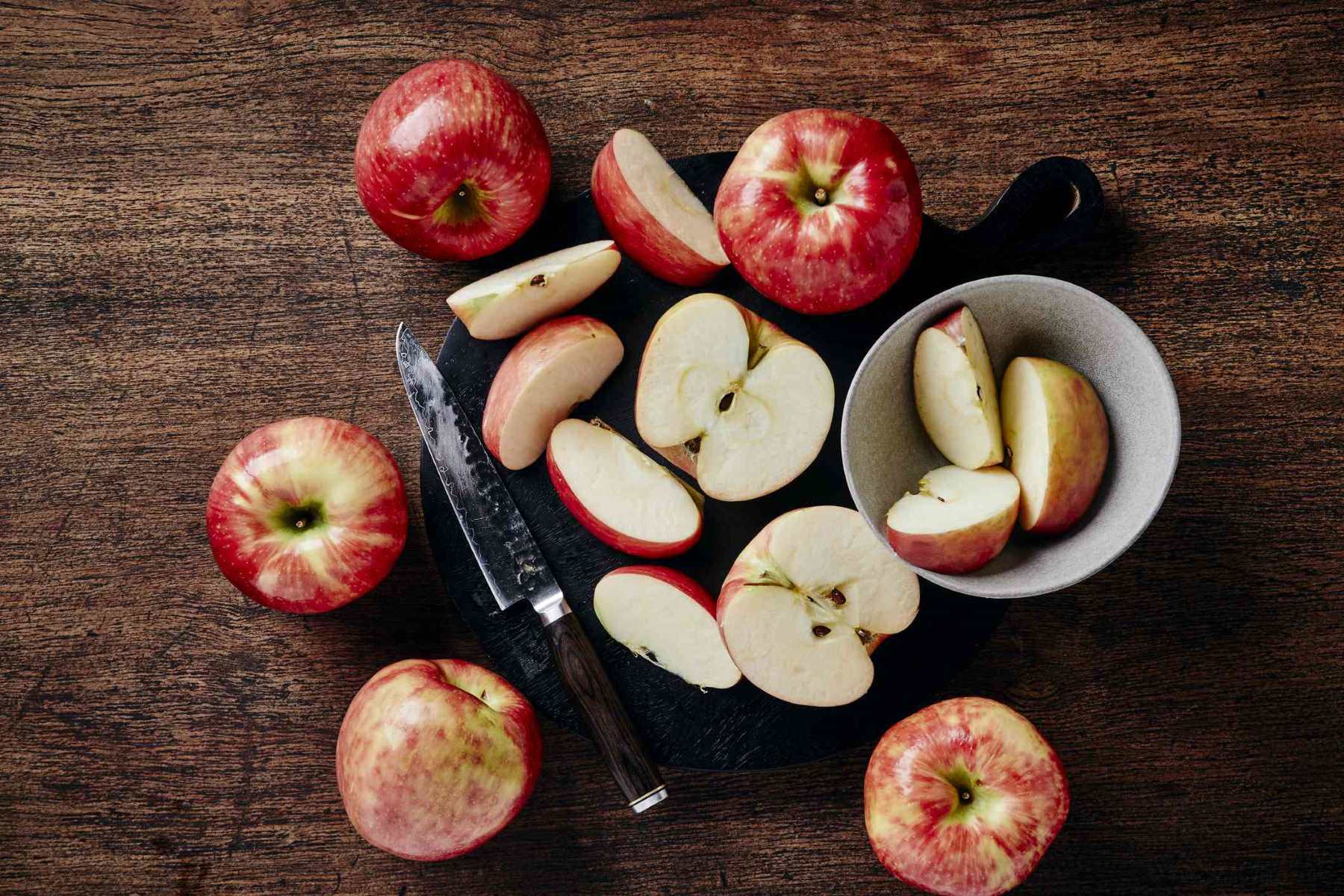

Garden Essentials
Can Apple Seeds Be Harmful To Your Health?
Modified: October 20, 2024
Discover how many apple seeds can be fatal to your health in your own garden. Ensure safety and knowledge when consuming these small seeds.
(Many of the links in this article redirect to a specific reviewed product. Your purchase of these products through affiliate links helps to generate commission for Storables.com, at no extra cost. Learn more)
Introduction
Welcome to the fascinating world of gardening, where nature’s beauty flourishes and provides us with bountiful treasures. One of the most beloved fruits in the gardening community is the apple. With its crisp texture and sweet flavor, apples are enjoyed by people of all ages. However, there is a longstanding myth that lurks around apple consumption – the potential toxicity of apple seeds.
In this article, we will delve into the truth behind the myth and uncover whether apple seeds can truly be harmful to our health. We will explore the science behind cyanide poisoning, the possible dangers of consuming apple seeds, and ultimately distinguish between fact and fiction. So, let’s get ready to dive deep into the realm of apple seeds and unravel the mysteries that surround them.
Key Takeaways:
- Don’t worry about apple seeds! You’d need to eat a huge amount to be at risk of cyanide poisoning. Just enjoy your apples in moderation and be cautious with young children.
- Remember, apple seeds are safe in normal amounts. Enjoy the delicious fruit and stay mindful of potential choking hazards and allergies. If in doubt, consult a healthcare professional.
Read more: What In Apple Seeds Are Poisonous
Myth or Fact: Apple Seeds and Cyanide
There is a widespread belief that apple seeds contain cyanide, a potent and deadly poison. But is this claim rooted in fact or simply an urban legend?
While it is true that apple seeds contain a compound called amygdalin, which can break down into hydrogen cyanide when ingested, the levels of amygdalin in apple seeds are generally considered to be very low. In fact, you would need to consume a large quantity of apple seeds for the cyanide levels to pose any real danger to your health.
Furthermore, apple seeds are often enclosed within a tough outer shell, which makes it difficult for the body to digest and release the amygdalin. As a result, most of the compound passes through the digestive system without causing harm.
It’s worth noting that apple seeds are not the only type of seeds to contain amygdalin. Other fruits, such as peaches, plums, cherries, and apricots, also contain varying levels of the compound in their seeds. However, it is important to highlight that the cyanide content in these seeds is typically minimal and not a cause for concern in normal consumption.
Despite these facts, it is prudent to exercise caution, especially if you have a history of digestive issues or are concerned about the potential risks associated with consuming apple seeds. It is always recommended to consult with a healthcare professional for personalized advice.
Understanding Cyanide Poisoning
Cyanide is a highly toxic chemical compound that can have severe effects on the body when ingested or inhaled. It works by interfering with the body’s ability to utilize oxygen, leading to cellular damage and potentially fatal consequences.
When cyanide is ingested in small amounts, the body’s natural detoxification mechanisms can typically handle and eliminate it without causing harm. However, in larger doses, cyanide can overwhelm these defense systems and lead to cyanide poisoning.
The symptoms of cyanide poisoning can vary depending on the concentration of cyanide in the body. Common signs include headache, dizziness, nausea, vomiting, confusion, rapid breathing, and even loss of consciousness. In severe cases, it can lead to cardiac arrest and death.
It is important to note that the lethal dose of cyanide differs for each individual and can depend on factors such as weight, overall health, and previous exposure to cyanide. While apple seeds contain small amounts of amygdalin, the likelihood of experiencing cyanide poisoning from consuming them in moderation is extremely low.
If you suspect cyanide poisoning or experience any symptoms after consuming apple seeds or any other potentially toxic substance, it is crucial to seek immediate medical attention. A healthcare professional will be able to provide the appropriate treatment and support to mitigate the effects of poisoning.
The Potential Dangers of Apple Seeds
Although the chances of experiencing cyanide poisoning from consuming apple seeds are minimal, it is still important to be aware of the potential dangers associated with them.
One concern is the choking hazard that apple seeds can pose, especially to young children. The small size and hard shell of the seeds can easily get lodged in the throat, potentially leading to respiratory distress or even suffocation. To prevent choking, it is advisable to remove apple seeds before consuming apples, especially for children or individuals who have difficulty swallowing.
Another consideration is the possibility of allergic reactions. Some individuals may have sensitivities or allergies to certain compounds present in apple seeds. If you experience any symptoms such as itching, swelling, hives, or difficulty breathing after consuming apple seeds, it is essential to consult with a healthcare professional to determine the cause and appropriate course of action.
Furthermore, it is worth noting that apple seeds, like any other food, can harbor bacteria or other contaminants if not handled or stored properly. This can increase the risk of foodborne illnesses. To minimize this risk, it is important to wash apples thoroughly before consuming them and store them in a clean and hygienic environment.
While the potential dangers associated with apple seeds should not be ignored, it is essential to maintain a balanced perspective. The vast majority of individuals can consume apples and their seeds without experiencing any adverse effects. Enjoying apples in moderation and taking appropriate precautions can help mitigate any potential risks.
While apple seeds do contain cyanide, it would take a large amount to be lethal. It is highly unlikely that consuming a small number of apple seeds would be harmful.
Can Apple Seeds Really Kill You?
The notion that apple seeds can actually kill you is largely exaggerated and not supported by scientific evidence. As mentioned earlier, apple seeds do contain a compound called amygdalin, which can break down into cyanide when ingested. However, the levels of amygdalin in apple seeds are typically very low, making it highly unlikely for them to cause cyanide poisoning.
In fact, you would need to consume a large quantity of apple seeds – far beyond what would be considered normal consumption – to reach a potentially lethal dose of cyanide. The human body has natural detoxification mechanisms that can handle small amounts of cyanide and eliminate it without causing harm.
Moreover, the tough outer shell of apple seeds makes it difficult for the body to digest and release the amygdalin, further reducing the risk of cyanide poisoning. The body’s digestive system is typically capable of separating the seed from the fruit during the digestion process, allowing any amygdalin to pass through without causing harm.
It is essential to maintain a balanced perspective when it comes to the potential dangers of apple seeds. While it is theoretically possible for apple seeds to be harmful in large quantities, the chances of accidental poisoning from eating a few apple seeds are extremely remote. There have been very few reported cases of cyanide poisoning specifically attributed to apple seed consumption.
Nevertheless, it is always recommended to exercise caution and use common sense. If you have concerns or a history of digestive issues, it is advisable to avoid consuming apple seeds or consult with a healthcare professional for personalized advice.
In summary, while apple seeds do contain a compound that can potentially break down into cyanide, the levels are typically low enough that they should not be a cause for concern in normal consumption. Enjoy your apples without hesitation, knowing that the seeds pose little to no threat to your well-being.
Read more: How To Plant Sprouted Apple Seeds
The Lethal Dose of Cyanide
Cyanide is a highly toxic substance, and its lethal dose can vary depending on several factors such as a person’s weight, overall health, and individual sensitivity. Determining a specific lethal dose of cyanide is challenging, as it can differ from person to person.
However, it is estimated that a lethal dose of cyanide for the average adult human is approximately 200-300 milligrams. To put this into perspective, you would need to consume a significant amount of apple seeds to reach this level of cyanide toxicity.
On average, apple seeds contain around 0.6 milligrams of cyanide per gram of seeds. This means that you would need to consume roughly 333-500 grams (11.7-17.7 ounces) of apple seeds to potentially reach the lower end of the lethal dose of cyanide. To consume this amount of seeds in one sitting would be highly unlikely.
It is also essential to consider that the human body has detoxification mechanisms in place to protect against small amounts of cyanide. Ingesting a handful of apple seeds or even accidentally swallowing a few seeds is unlikely to exceed the body’s capacity to handle and eliminate cyanide.
Furthermore, the symptoms of cyanide poisoning would likely manifest before reaching the lethal dose. These symptoms include headache, dizziness, confusion, and rapid breathing. If you experience any of these symptoms after ingesting apple seeds, it is crucial to seek immediate medical attention.
While it is important to be aware of the potential risks associated with cyanide, it is reassuring to know that the average person would need to consume an excessive amount of apple seeds to approach a lethal dose. Enjoying apples and their seeds in moderation poses little to no risk of cyanide poisoning.
However, it is always wise to exercise caution and ensure that apple seeds are not consumed in large quantities, especially for individuals with pre-existing health conditions or sensitivities. If you have any concerns or questions, consulting with a healthcare professional is recommended.
Protecting Yourself from Cyanide Poisoning
While the risk of cyanide poisoning from apple seeds is minimal, it is still important to take precautions to protect yourself and reduce any potential health risks. Here are some guidelines to keep in mind:
1. Avoid excessive consumption: Moderation is key when it comes to consuming apple seeds. While a few accidentally swallowed seeds are unlikely to cause harm, it is best to avoid intentionally eating large quantities of seeds. Enjoy the apple’s flesh and discard the seeds to minimize the risk of cyanide exposure.
2. Be cautious with children: Children may be more vulnerable to choking hazards and have a smaller body mass, increasing their risk of adverse effects. Always remove apple seeds before giving apples to young children and supervise their apple consumption to prevent accidental ingestion of seeds.
3. Store and handle apples properly: Proper storage and handling of apples can help minimize the risk of bacterial contamination. Wash apples thoroughly before consuming them, and store them in a clean and hygienic environment to reduce the chances of foodborne illnesses.
4. Know your allergies: If you have known allergies or sensitivities to certain compounds, including those found in apple seeds, it is important to be cautious. Monitor your body’s reactions after consuming apples or their seeds and consult with a healthcare professional if you experience any adverse symptoms.
5. Consult with a healthcare professional: If you have concerns about consuming apple seeds or potential risks associated with cyanide poisoning, it is always best to consult with a healthcare professional. They can provide personalized advice based on your specific health history and address any concerns or questions you may have.
By following these guidelines, you can enjoy the delicious and nutritious benefits of apples without worrying about the potential risks associated with apple seeds. Remember, the overall risk of cyanide poisoning from apple seeds is extremely low, but it is always better to err on the side of caution and prioritize your well-being.
Conclusion
After delving into the fascinating topic of apple seeds and cyanide, we can confidently conclude that the myth surrounding the potential dangers of apple seeds has been largely exaggerated. While it is true that apple seeds contain a compound called amygdalin, which can break down into cyanide, the levels of amygdalin in apple seeds are typically very low.
The human body has natural detoxification mechanisms in place to handle small amounts of cyanide, and it would require consuming a large quantity of apple seeds to reach a potentially lethal dose. In normal consumption, the chances of experiencing cyanide poisoning from apple seeds are extremely remote.
However, it is important to exercise caution and be mindful of potential risks associated with apple seeds. Choking hazards, allergic reactions, and the potential for bacterial contamination are all considerations to keep in mind. Removing apple seeds before consuming apples, properly storing and handling apples, and being aware of your allergies can help minimize these risks.
Ultimately, the enjoyment of apples and their health benefits outweigh the minimal risks associated with apple seeds. Apples are a delicious and nutritious fruit that can be enjoyed by people of all ages. So go ahead, bite into that juicy apple, savor the flavor, and rest assured that the apple seeds pose little threat to your well-being.
Remember, if you have any concerns or specific health conditions, it is always best to consult with a healthcare professional who can provide personalized advice based on your needs. Enjoy the abundance of nature’s garden, and let the joy of gardening continue to thrive in your life.
Frequently Asked Questions about Can Apple Seeds Be Harmful To Your Health?
Was this page helpful?
At Storables.com, we guarantee accurate and reliable information. Our content, validated by Expert Board Contributors, is crafted following stringent Editorial Policies. We're committed to providing you with well-researched, expert-backed insights for all your informational needs.
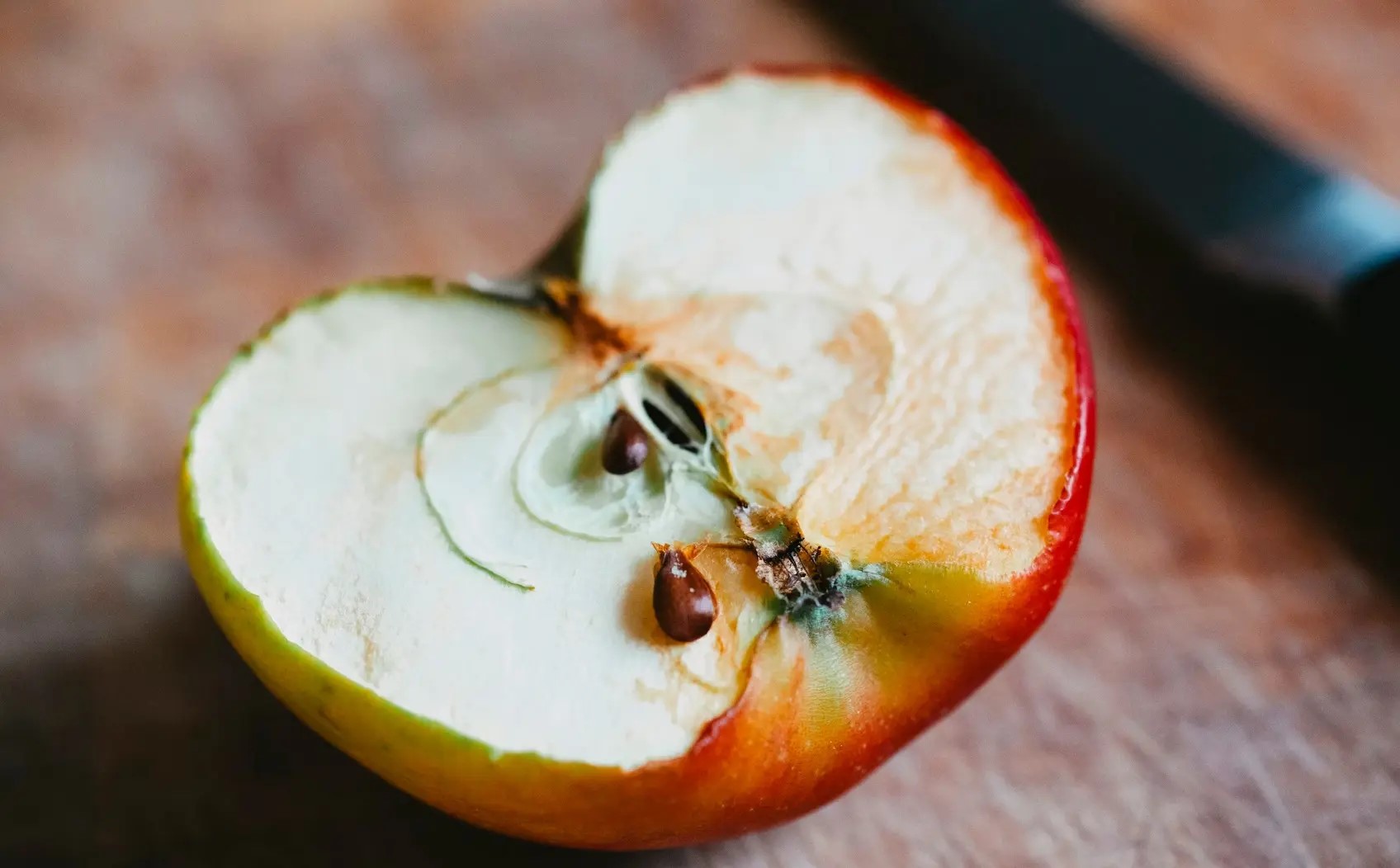

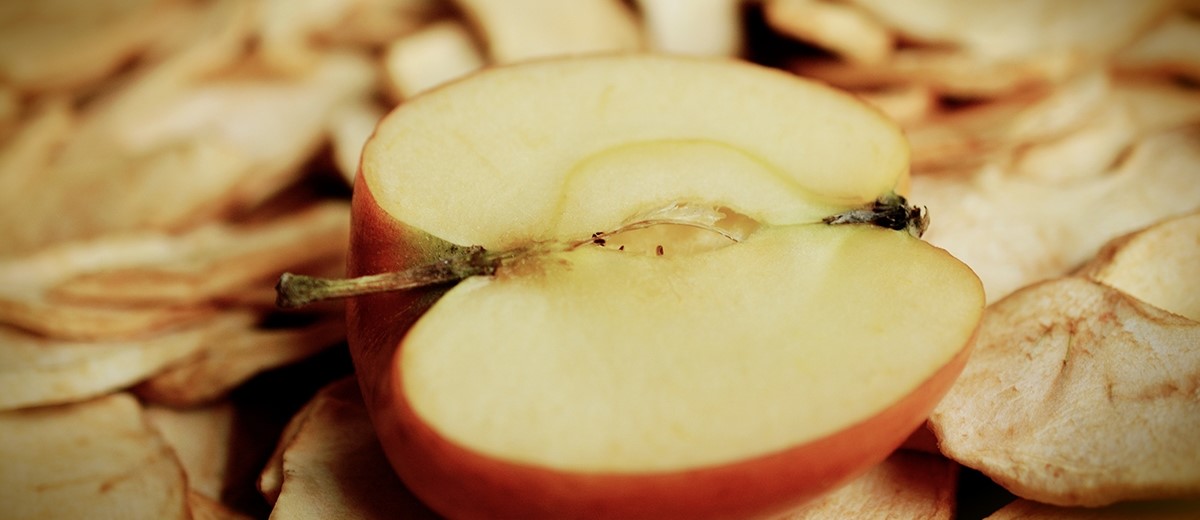
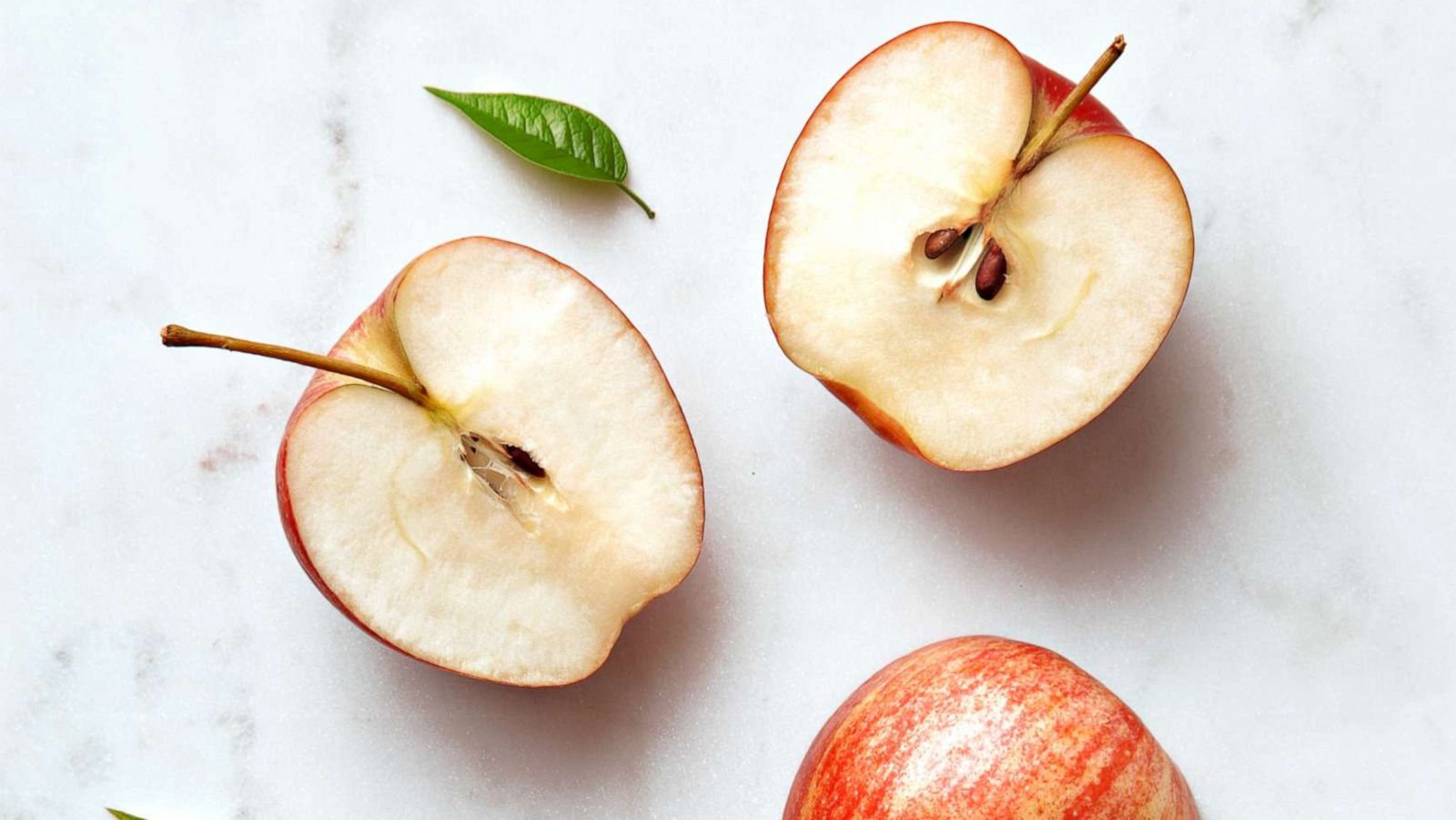

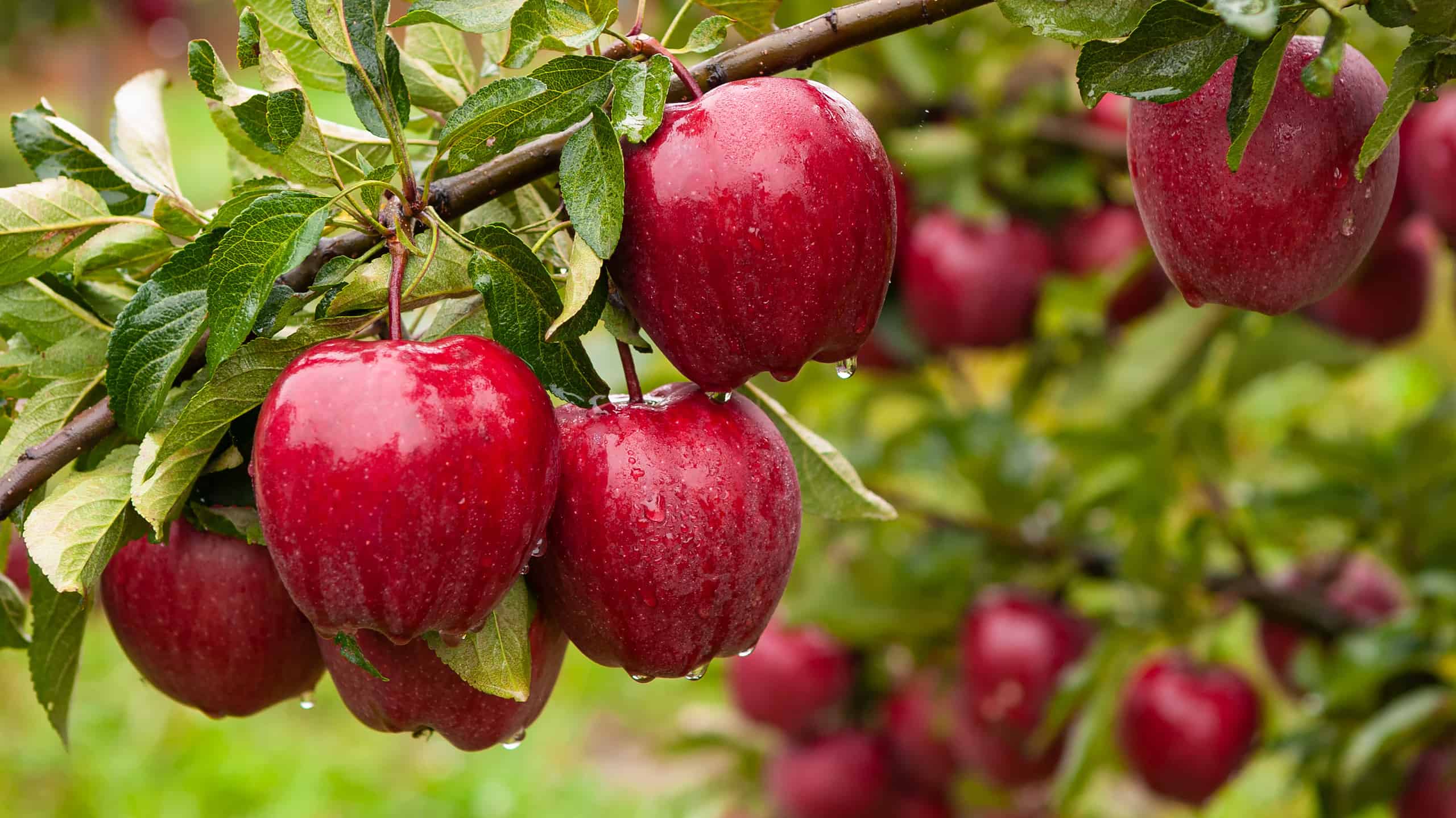
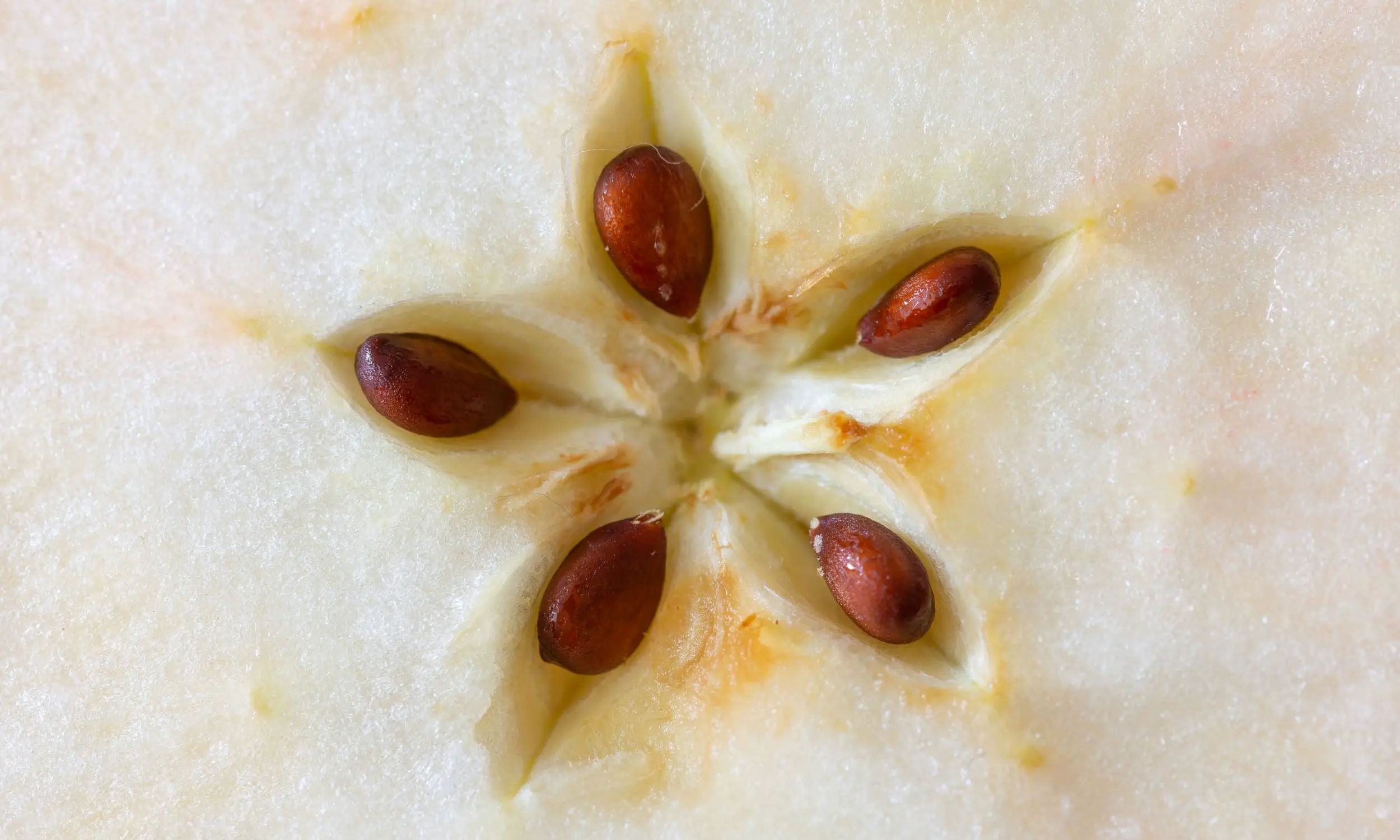
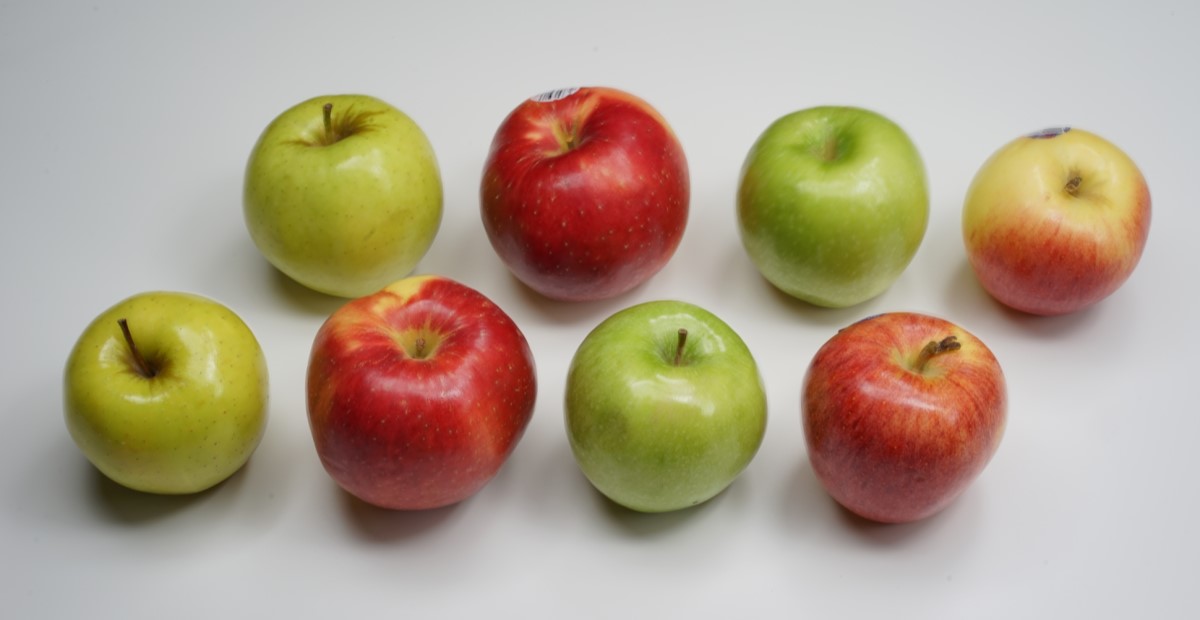

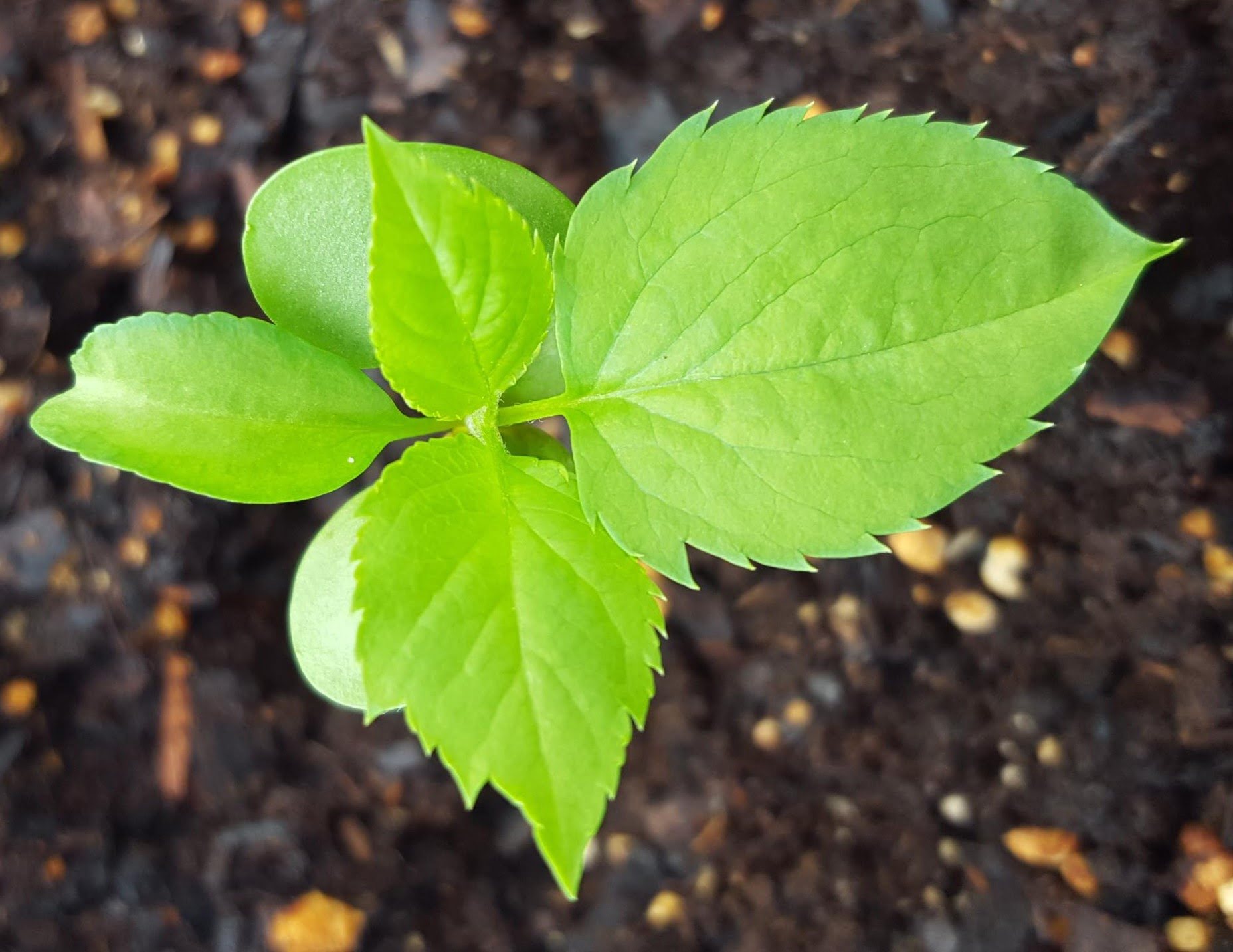


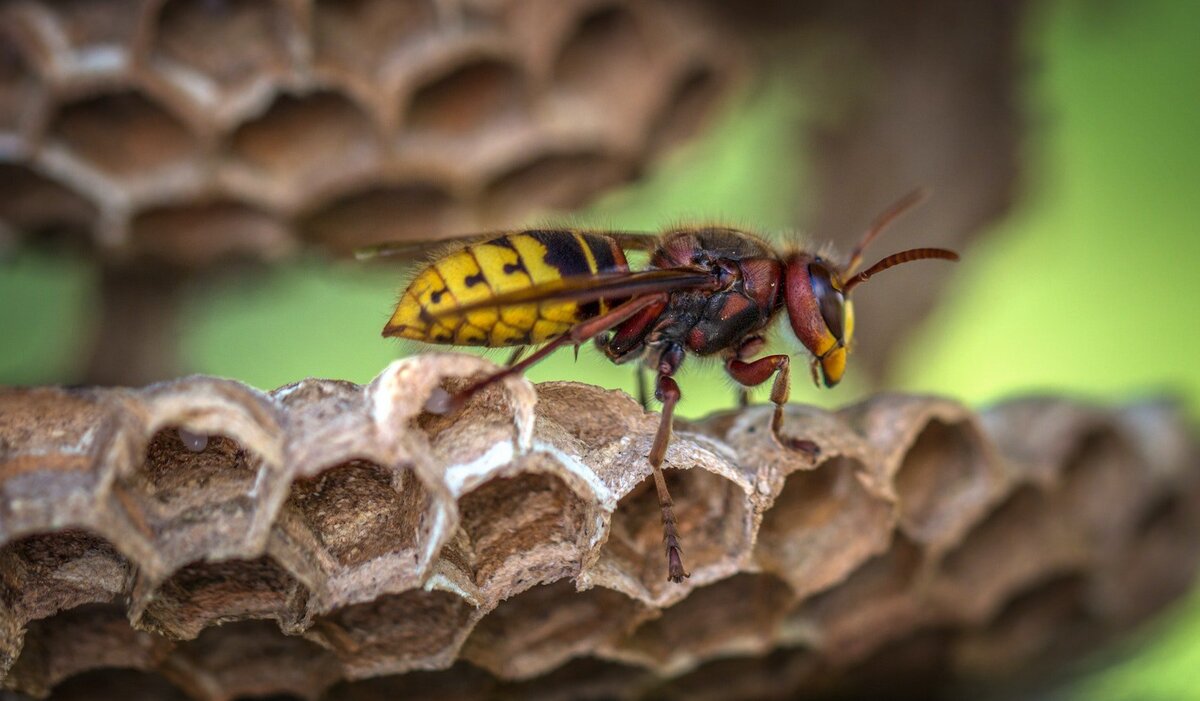
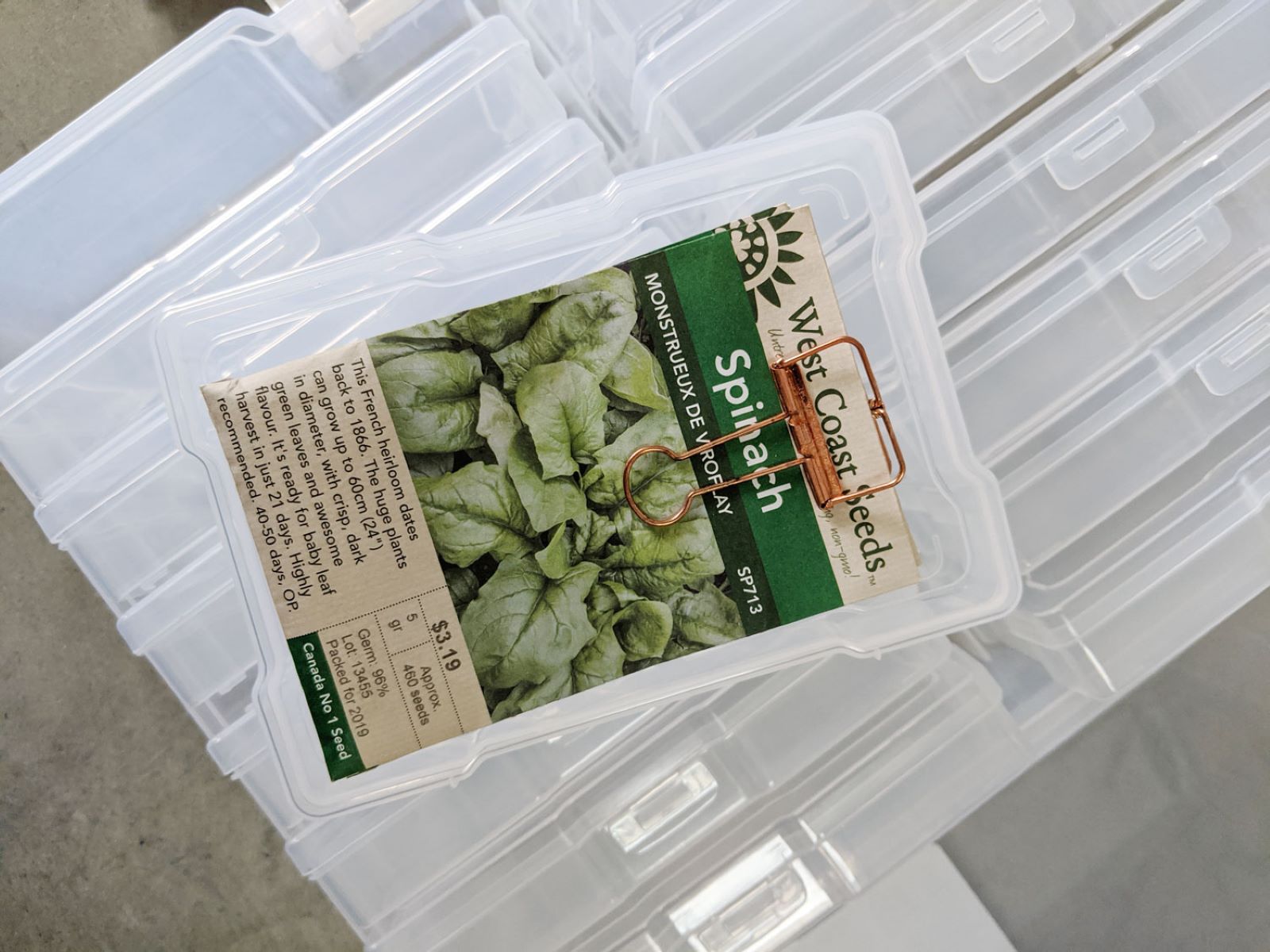

0 thoughts on “Can Apple Seeds Be Harmful To Your Health?”